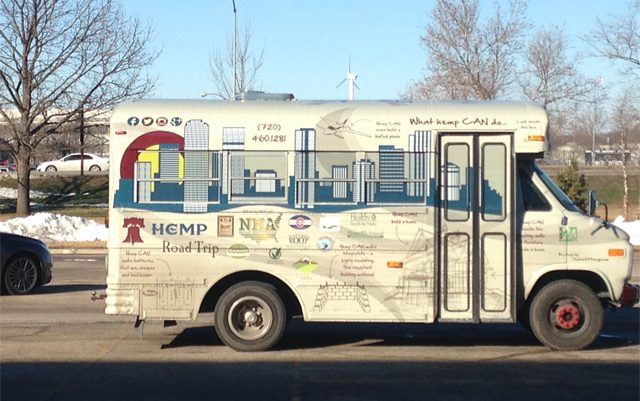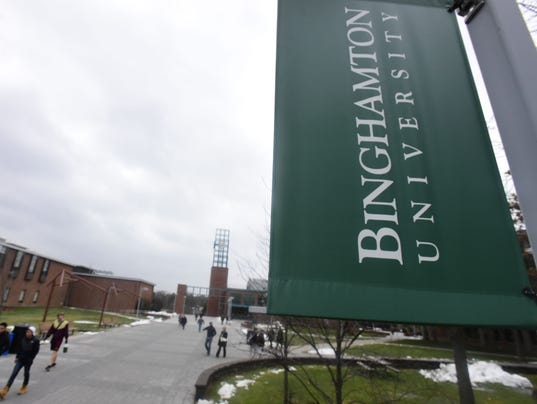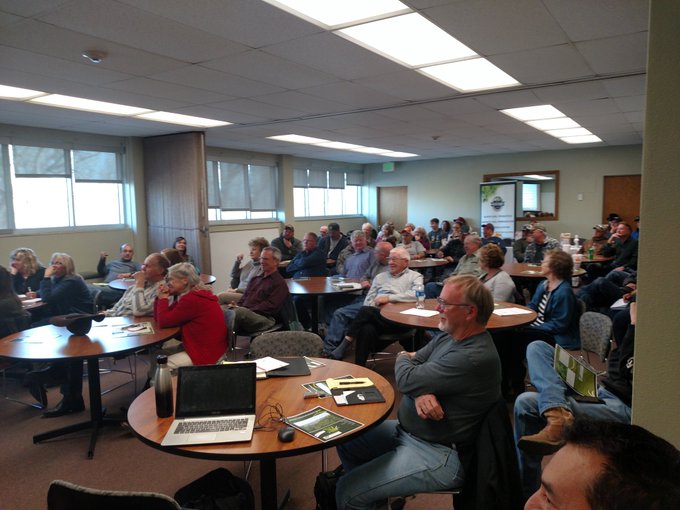By Chloe Sommers
Source:
marijuanatimes.org

The industrial hemp industry is beginning to regain momentum after decades of prohibition. The ban on the plant is slowly being lifted, state-by-state, with pro-hemp legislation. But much work remains to be done, such as educating lawmakers across the nation on the benefits of growing industrial hemp.
Luckily, The Hemp Tour bus is once again up for the challenge with their 2017 American road trip.
For 2017, the Hemp Road Trip is planning on reaching 30 states in two months. Beginning in the South, the bus of advocates will trek up the coast to the Northeastern states, then across the Midwest, up to Montana and Washington, then back across Oregon, Northern California, through Utah and back home to its home base of Colorado.
“We had a successful 2016 on the road,” says Trojan, “visiting 40 states and meeting thousands of common sense folks that understand the value of an agricultural crop like industrial hemp!”
It’s important for experts on the topic of industrial hemp to go to each state because they can speak to the individual benefits each state stands to gain.
In summary, hemp can provide raw material for a broad spectrum of uses, including:
- Construction
- Nutrition
- Textiles
- Therapeutic uses
For example, an industrial hemp farm can produce the raw material that can be made into a plastic-like material, and even the hard-outer shell of a plane or car. CBD oil is also made from industrial hemp.
Following the successful 2016 tour around the US, the group behind The Hemp Road Trip are trying to raise funds so they can continue to raise awareness about the power of hemp across the country.
You can help keep it going with a donation to the trip’s gofundme.
The 1937 ban on hemp
Some states, like Kentucky and Pennsylvania, used to be leaders in the hemp farming sector. However, since the Marihuana Tax Act of 1937, they have been forced to grow other crops, such as tobacco and cotton.
The Act places a tax on anyone dealing commercially in cannabis and hemp.
It’s been widely discussed that the passing of the Act was spearheaded by American businessmen who wanted to crush any competition to their budding agricultural efforts. The names of the men standing to benefit from what was the beginning of the ‘reefer madness’ era may sound familiar, as they are among the wealthiest American dynasties: Andrew Mellon, Randolph Hearst and the Du Pont family.
Per the 2017 Hemp Road Trip funding site, the Spring tour will cover 30 states, including states with NO hemp legislation. They’ll also be hosting events and activating people to engage their legislators and help bring an end to federal prohibition.
A list of the states currently without any hemp legislation:
- Texas
- Utah
- Louisiana
- Mississippi
- Ohio
- Montana
- Idaho
“We need your support!” says their website for donations. “This is a BIG country and taking a bus and crew on the road is expensive. Please donate and help us stay on the road and continue this important journey!” The Hemp Road Trip also mentions that they greatly appreciate any donation, no matter how big or small.
2016 Wrap Up
While passing through Kansas on the 2016 tour, Trojan was approached by the local news team, KSNT. In an interview, he tells them, “Hemp, as a rotational crop, leaves the ground better than it found it…So it can increase the yields of tobacco 25 to 30 percent, increase yields of corn 6 to 8 percent.”
In 2016, America lent the following support toward progress for the hemp plant:
- 10 new House sponsors
- 6 new Senate sponsors
- 7 new States legalized hemp (32 total)
- 6 new States planting in 2017
- USDA Certified Domestic Hemp Cultivation
- Nearly 10,000 acres cultivated nationwide
- Over 20,000 acres registered for 2017 season
“It is also a great alternative for farmers,” Trojan continues in his television interview. “They are tired of growing, from what I’ve heard from farmers in Iowa and Kansas and all over the country, they are tired of growing the same crops over and over.”
Hemp on The Hill
There are major efforts underway in Washington DC by lobbying and advocacy groups, on behalf of the nation’s industrial hemp industry. In February, the NoCo Hemp Expo brought the industrial hemp industry to The Hill for a conversation with Congressman Jared Polis, with co-hosts Congressmen Massie, Comer, Blumenauer, and honorary co-host Senator Wyden.
It’s the largest hemp-centric event in America to date.
“We are honored to be part of this effort to educate our leaders and to do away with outdated and misinterpreted federal regulations governing industrial hemp,” says NoCo Hemp Expo Founder, Morris Beegle. “We value the efforts of Congressman Polis and his congressional colleagues to advocate for industrial hemp as the viable, sustainable, job-creating industry it can be.”
The NoCo Hemp Expo also served as a showcase of hemp products, as well as an opportunity for farmers to speak to the economic value it’s bringing on the local, state, and national levels.
It’s the goal of these pro-hemp organizations to convince lawmakers to place hemp under the Department of Agriculture. According to supporters, it should be regulated like cotton, wheat, soy, and corn.
“Current federal prohibitions on industrial hemp stifle innovation and job growth, and hamstring efforts of agricultural and product development experts to diversify their efforts and compete on the global stage,” says Beegle.
The red tape involved really hampers the industry. “The entire hemp plant, including ALL parts, compounds and constituents, is a healthy, safe, environmentally beneficial, ag-crop with the potential to create thousands of domestic products, hundreds of thousands of jobs, and generate substantial revenue and tax proceeds.”
It’s not marijuana
Hemp has long been stigmatized by the misperception that it is the same as marijuana. “While it’s all cannabis, hemp is not marijuana, it has little to no THC, it is not psychoactive, it is not a drug, and has never qualified to be a Schedule 1 or any schedule on the Controlled Substances Act (CSA),” says Beegle.
He wants to differentiate hemp and cannabis in the minds of the consumers, and the federal agencies.
You can join in on the hemp journey by following them on Facebook, Twitter, and Instagram. They’ll be posting pictures, videos, and status updates throughout the road trip.
“Let’s keep this bus rollin’, so that the message of this beneficial crop can spread throughout the country, and the United States can finally get #Back2OurRoots,” says Trojan.


















